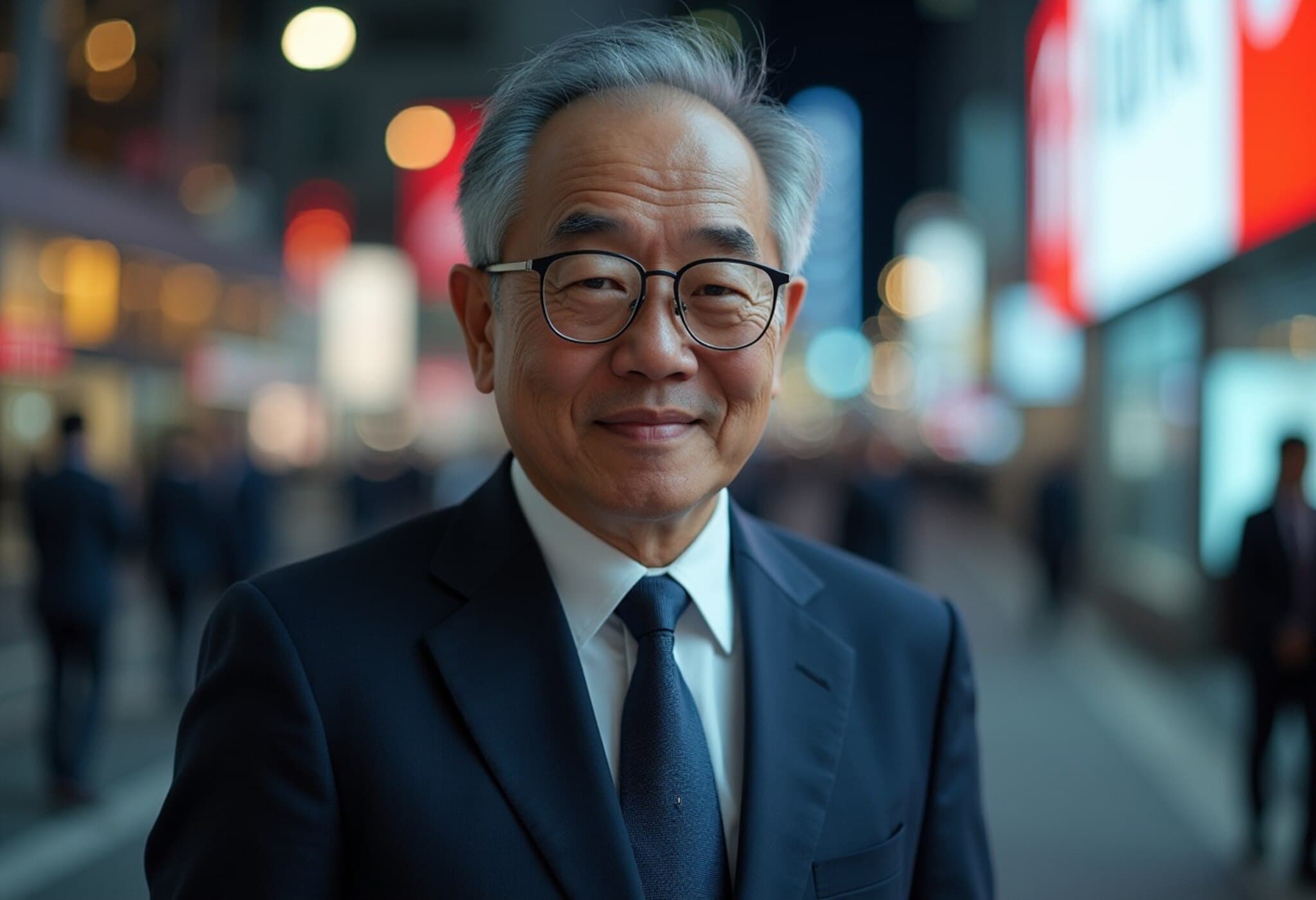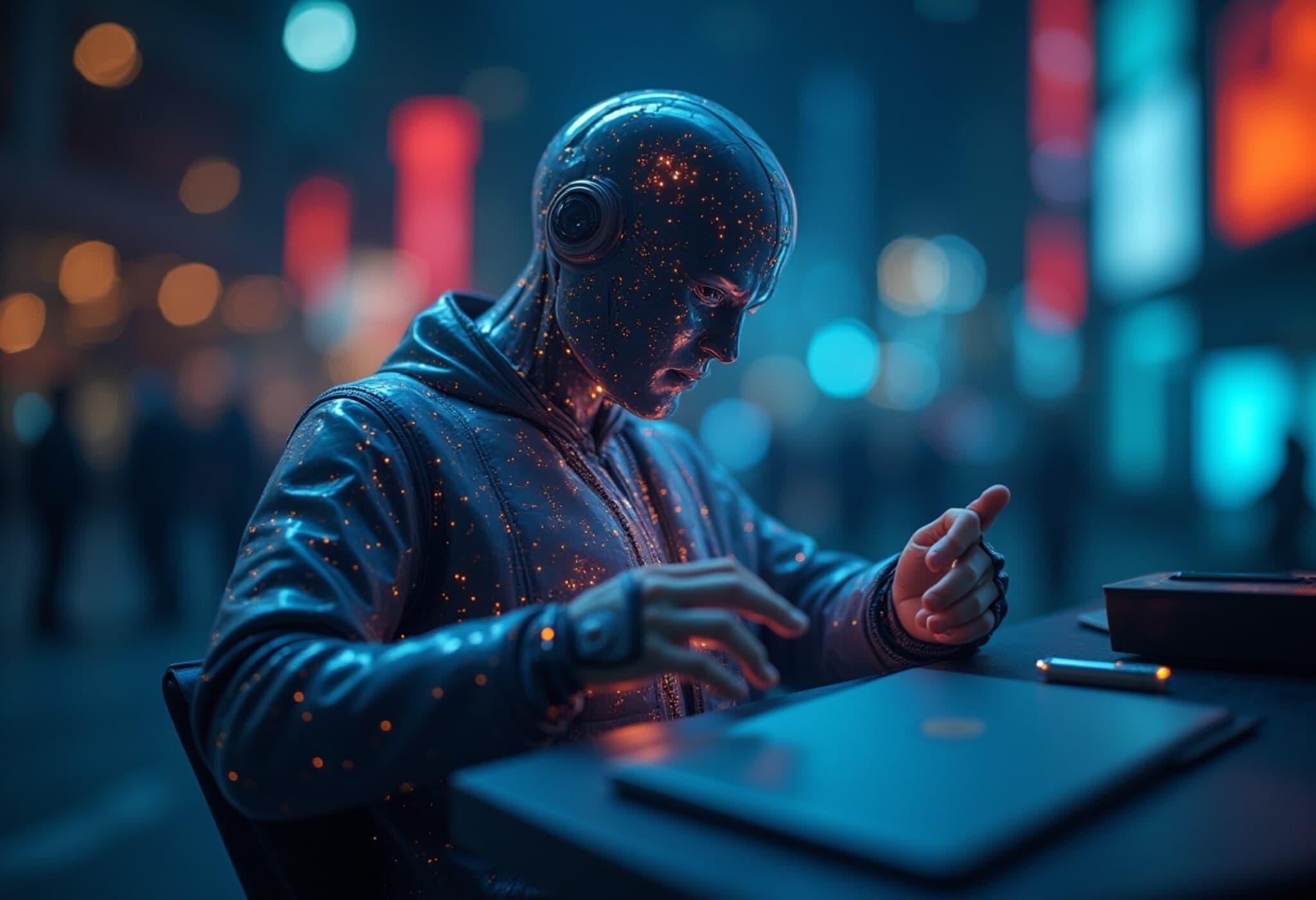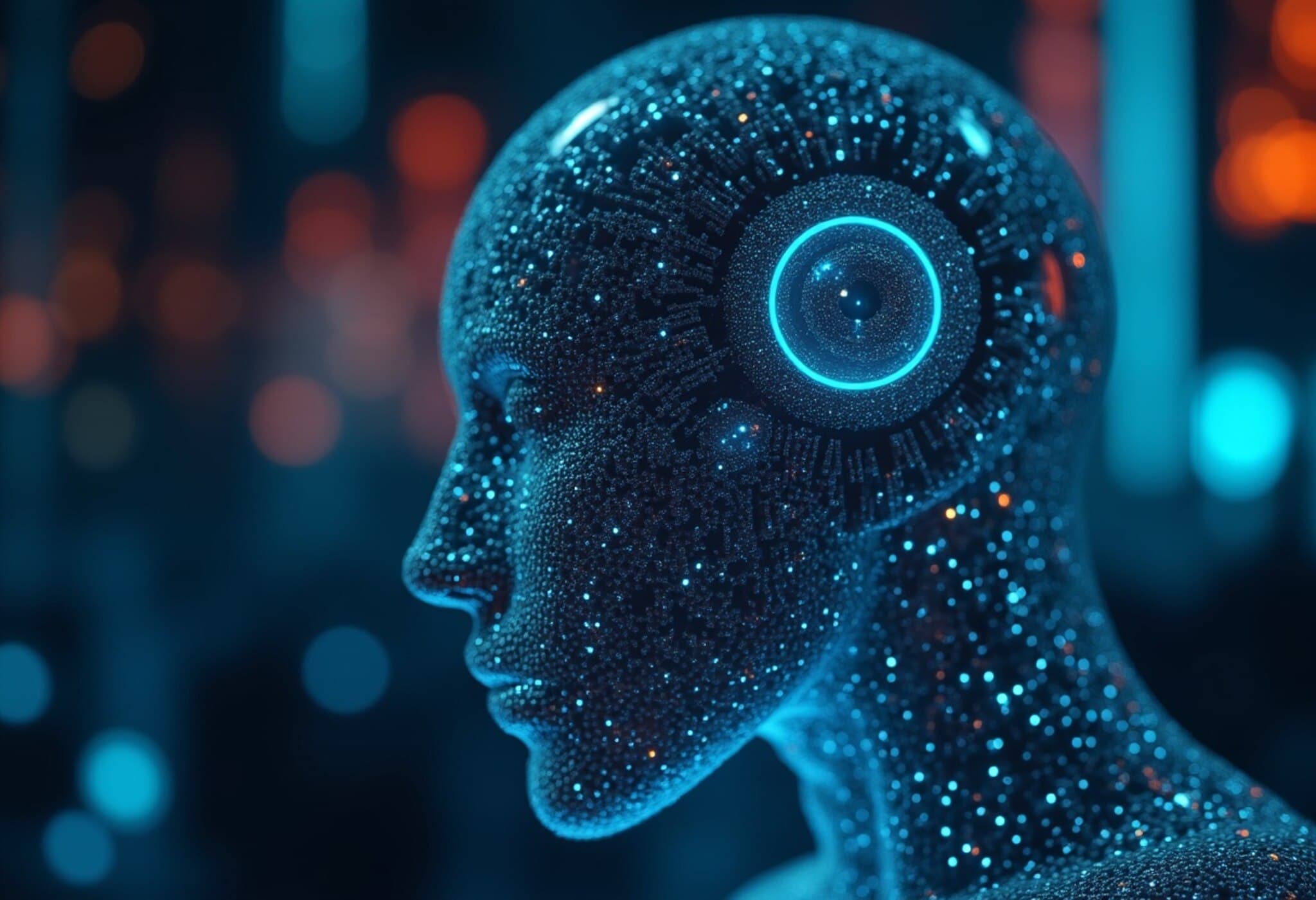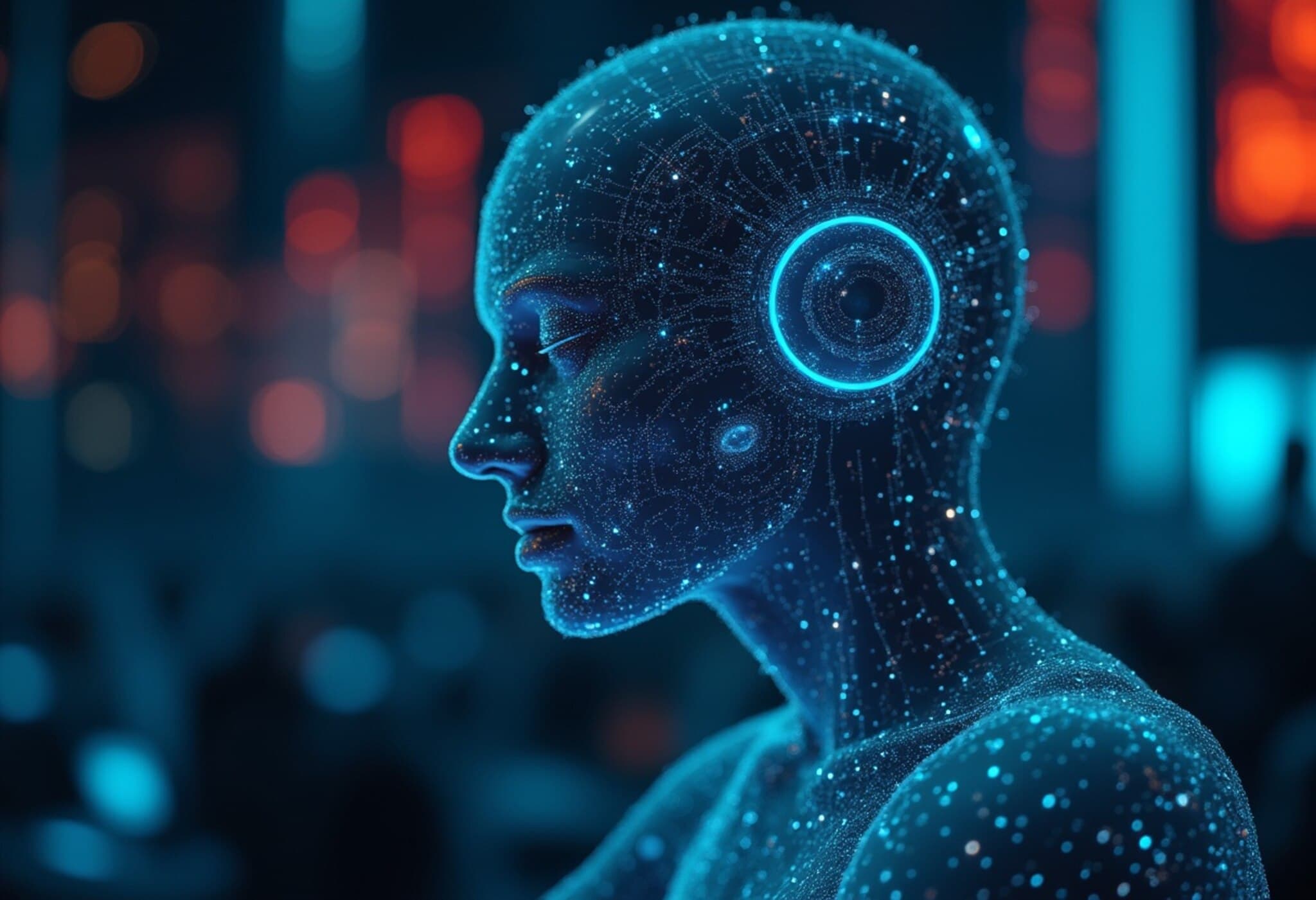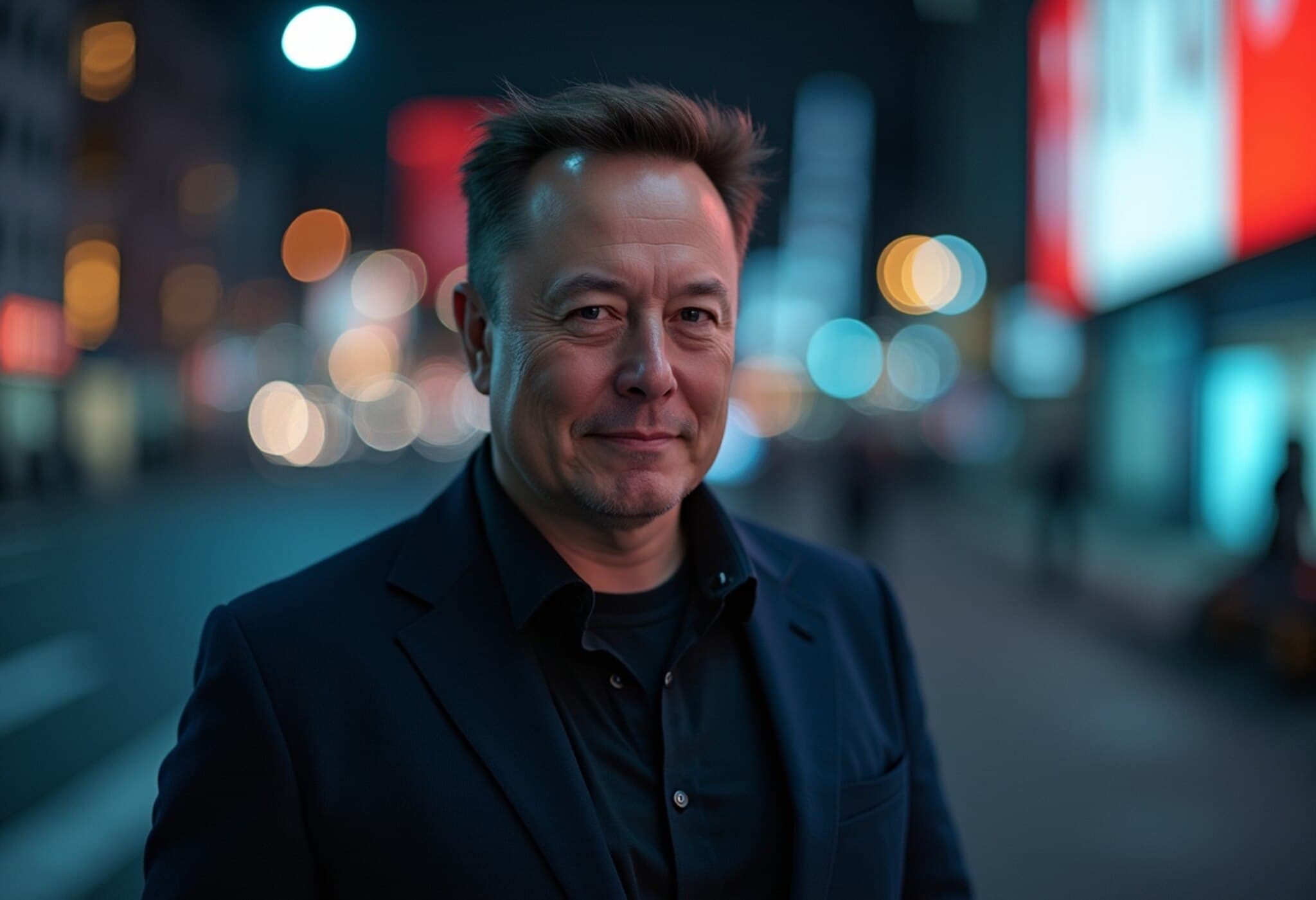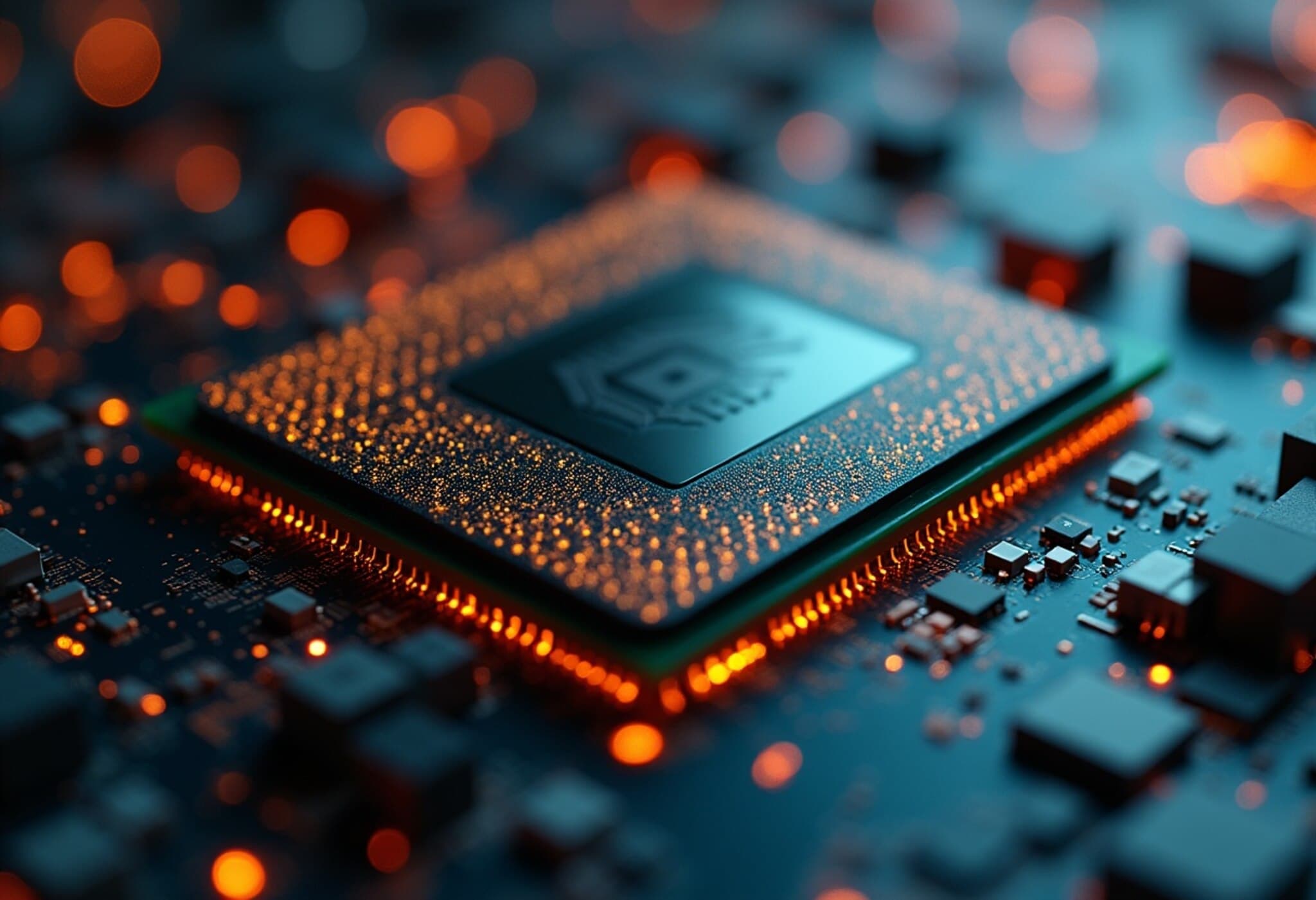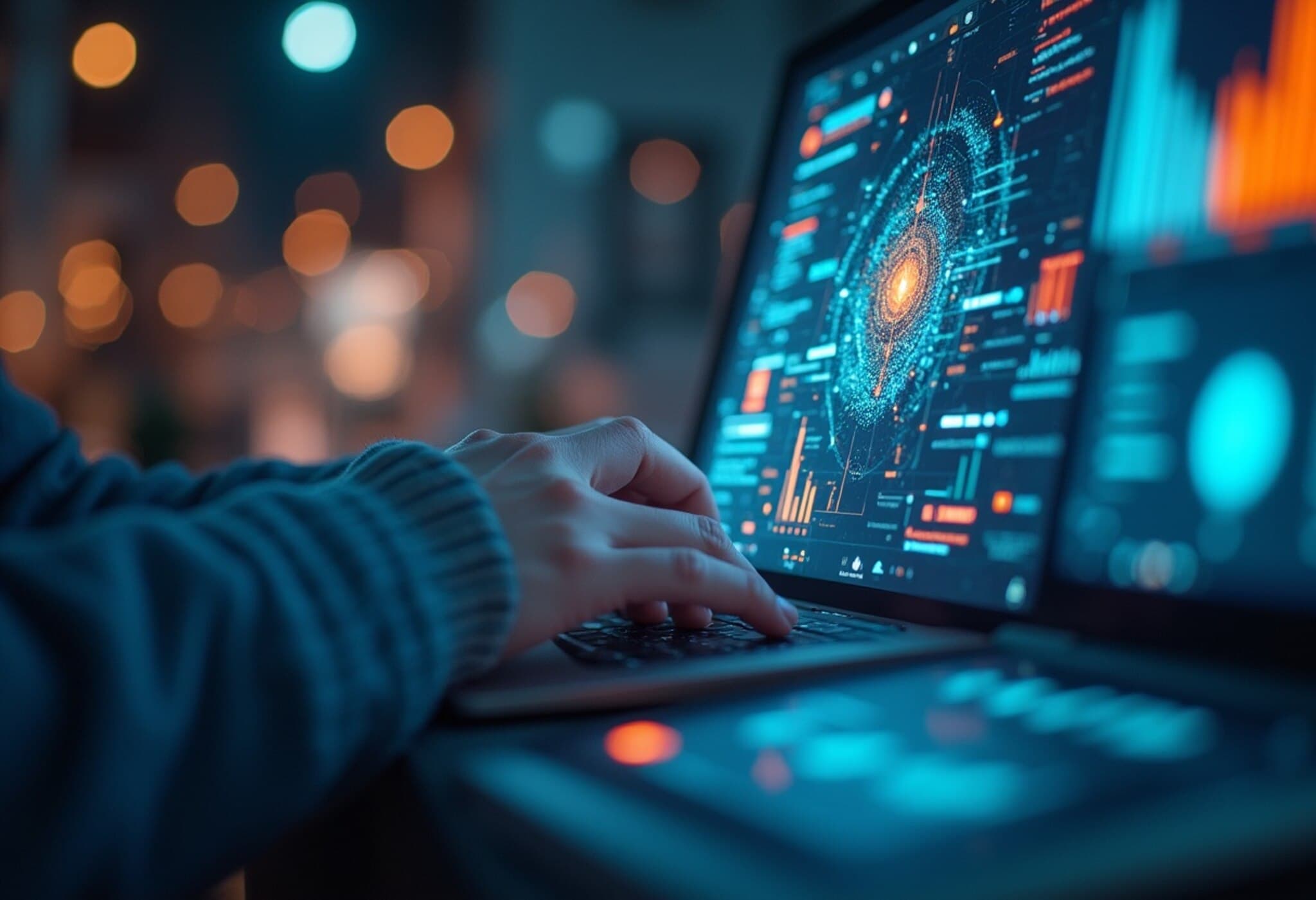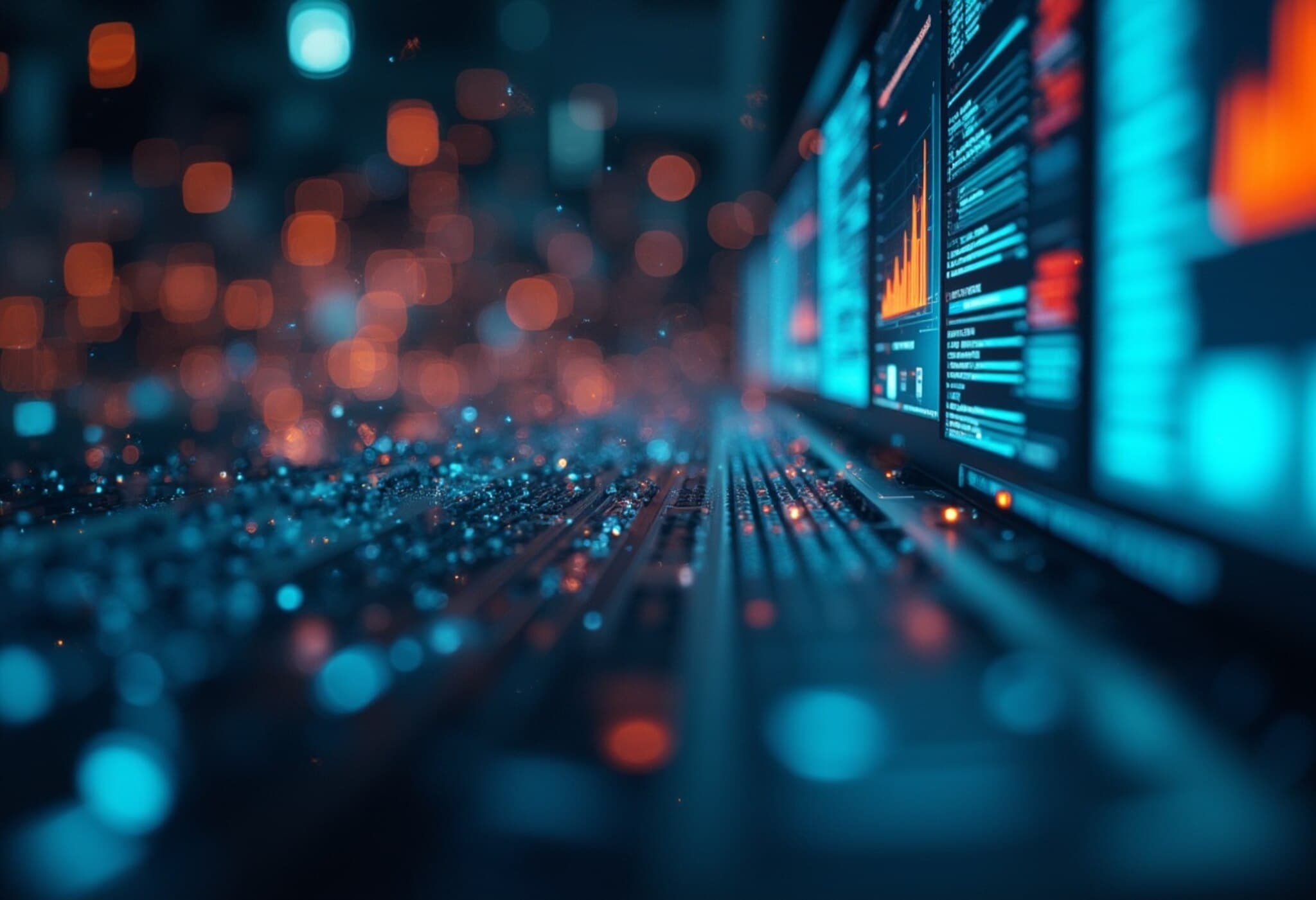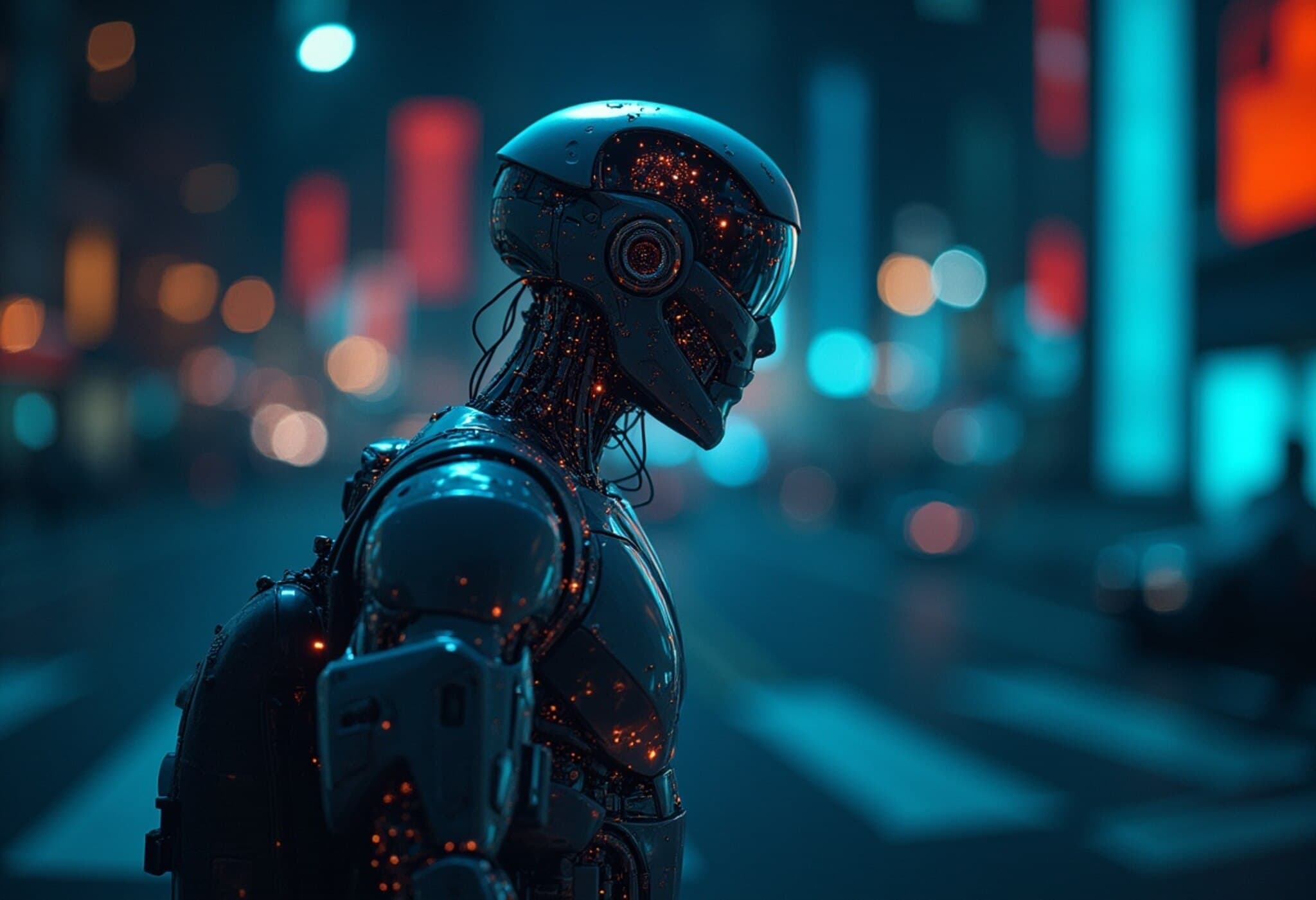Masayoshi Son’s Ambitious AI Vision: Betting the Future of SoftBank
Masayoshi Son, the visionary founder and CEO of SoftBank Group Corp., is staking the future of the Japanese tech conglomerate on one of the most transformative forces of our time: artificial intelligence (AI). His conviction is clear and audacious — artificial superintelligence (ASI), an AI system that could be up to 10,000 times smarter than human beings, is expected to become a reality within the next decade.
While this forecast might sound like science fiction, Son’s track record in foresight and bold investments commands respect. His early $20 million bet on China’s Alibaba has since blossomed into a multibillion-dollar windfall for SoftBank, and now he aims to replicate that seismic success by positioning SoftBank as an AI powerhouse through targeted acquisitions, investments, and ecosystem building.
Early AI Fascination: From Brain Computers to Robots
Son’s fascination with AI is deep-rooted and personal. Back in 2010, during SoftBank’s "Next 30-Year Vision" initiative, he spoke about “brain computers” — intelligent systems capable of self-learning and self-programming. This early interest soon materialized in SoftBank’s investment in robotics, notably the 2012 majority acquisition of French robotics firm Aldebaran and the 2014 launch of Pepper, the first humanoid robot designed to read human emotions.
Though Pepper did not become the commercial success Son hoped for — leading SoftBank to shutter its robotics division by 2020 — this early robotics venture highlights his persistent commitment to the frontier where AI meets real-world applications. "He has been thinking about this obsessively for a long time," reflects Alok Sama, a former SoftBank executive familiar with Son’s vision.
SoftBank’s Strategic AI Investments: Building a Comprehensive Ecosystem
SoftBank’s recent moves demonstrate a sophisticated, multi-layered approach to AI:
- Chip Dominance: SoftBank controls a majority stake in Arm, the UK-based chip designer whose architectures underpin nearly all smartphones globally. With the rise of AI, Arm’s chips are pivotal in powering data centers and AI hardware.
- Big AI Bets: SoftBank has committed around $32.7 billion to OpenAI, creator of ChatGPT, signaling its belief in practical AI applications that can reshape industries.
- Expanding the Stack: The conglomerate is investing across the AI value chain — from semiconductors and software to cloud services, robotics, and critical verticals like healthcare, education, and autonomous systems.
Industry analyst Neil Shah observes, "Masayoshi Son’s vision is not just about isolated investments; it aims to weave these elements into a coherent, powerful AI ecosystem designed to deliver sustained shareholder value."
The Vision Fund: Ambition Meets Timing Challenges
Son’s AI journey is inseparable from SoftBank’s Vision Fund, launched in 2017 with an unprecedented $100 billion war chest for tech investments. Initially, Son was keen on AI’s role in self-driving cars, backing companies like Uber and Didi. Yet, these investments suffered due to early market immaturity and unclear business models, underscoring the timing challenges that come with pioneering technologies.
Son himself acknowledges these missed windows. When OpenAI took off in 2019 and beyond, early capital was largely deployed, limiting SoftBank’s immediate involvement. Yet, rather than regret, SoftBank views itself as being just at the dawn of the AI cycle — with ample runway ahead for further strategic bets.
Global AI Competition: Risks and Opportunities
The global AI landscape is dynamic and fiercely competitive. U.S. and Chinese tech giants are vying to develop artificial general intelligence (AGI) — AI systems with human-level reasoning and beyond. A recent breakthrough by Chinese firm DeepSeek, which created a sophisticated reasoning model despite tough export controls, is a sobering reminder that technological surprises can come from anywhere, upending assumptions of Western AI dominance.
Experts caution that while SoftBank’s investments favor current leading technologies, the unpredictability inherent in AI development means new challengers could suddenly emerge. Dan Baker, a senior equity analyst at Morningstar, notes, "Investing in AI is akin to navigating uncharted waters — you must back the right technologies early but stay alert for upstarts that could change the game overnight."
Looking Ahead: SoftBank’s AI DNA
Ultimately, Masayoshi Son’s approach reveals a willingness to embrace high risk for potentially transformative rewards. His ambition is for SoftBank to embed AI into its very DNA, ensuring the company is not just a spectator, but a major architect of the next era of technology.
As Son puts it, SoftBank was born to realize artificial superintelligence — a vision that interweaves corporate strategy with personal conviction. Whether this bet will pay off remains a story to watch closely, with implications not just for shareholders, but for the global technology landscape.
Editor’s Note
Masayoshi Son’s AI gamble exemplifies the tension between visionary ambition and market realities. His long-held belief in AI’s transformative potential drives SoftBank’s aggressive investments, yet timing and technological unpredictability pose significant hurdles. Observers should watch how SoftBank’s ecosystem strategy unfolds amid the evolving AI arms race, and consider what this means for future innovation, competition, and ethical stewardship in technology.

